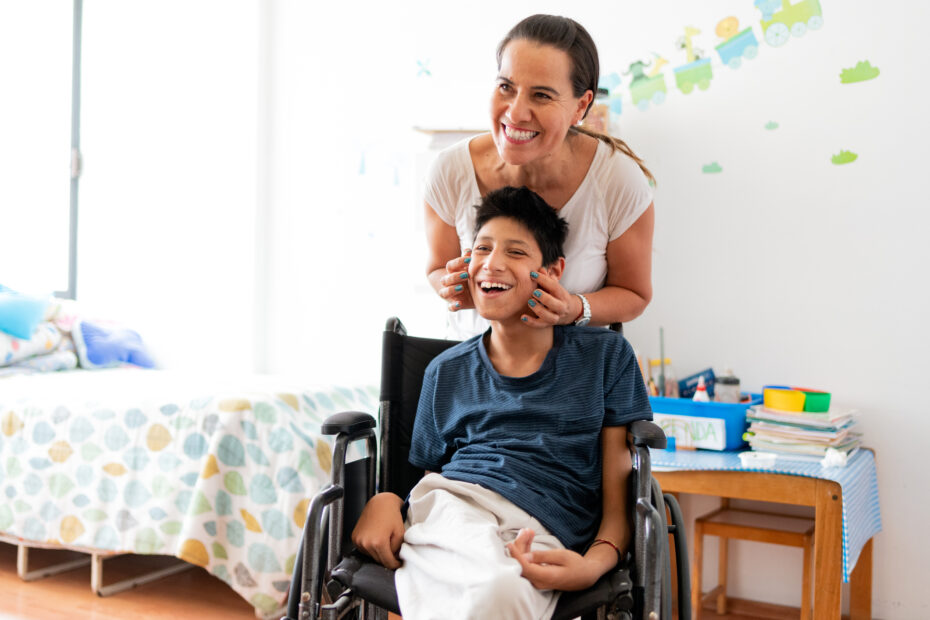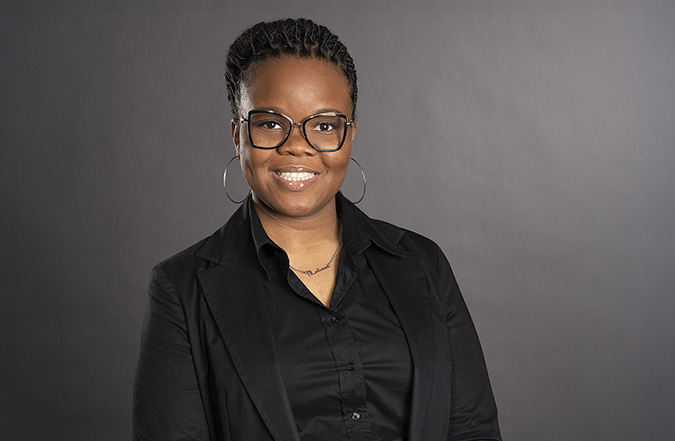Mary Boo
Mary Boo has worked in child welfare for almost thirty years, primarily at the North American Council on Adoptable Children (NACAC), where she served as executive director from 2015 to 2022 and assistant director from 2001 to 2015. At NACAC, Boo led the agency’s efforts to support adoptive, foster, and kinship families; advocate for policy and program changes to ensure better outcomes for children and families; and engage caregivers and young people who experienced foster care and adoption in advocacy and program implementation. Boo is an experienced researcher and writer, with particular expertise in child welfare policy, supporting families during and after placement, and achieving permanency for all children and teens in care. Now an independent consultant, she specializes in helping child welfare organizations communicate their priorities to varied audiences, including funders, parents, and professionals.





